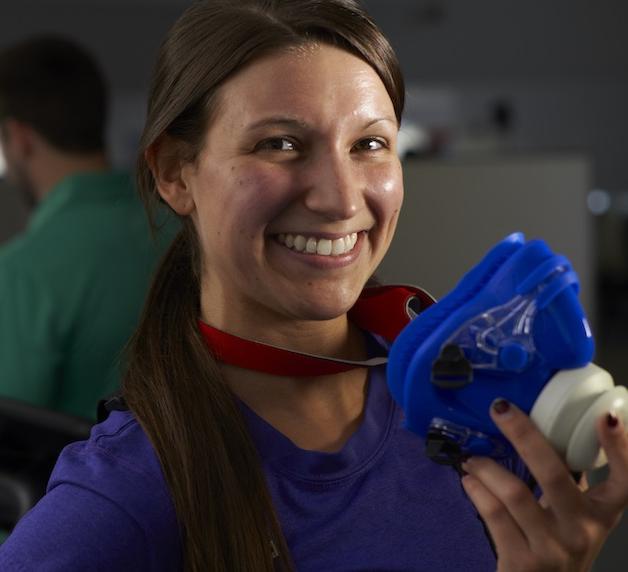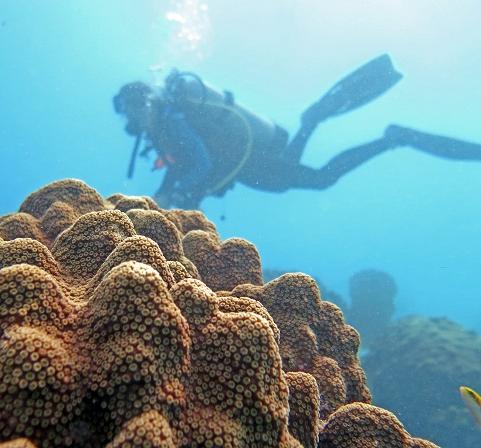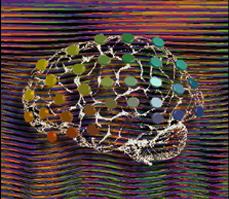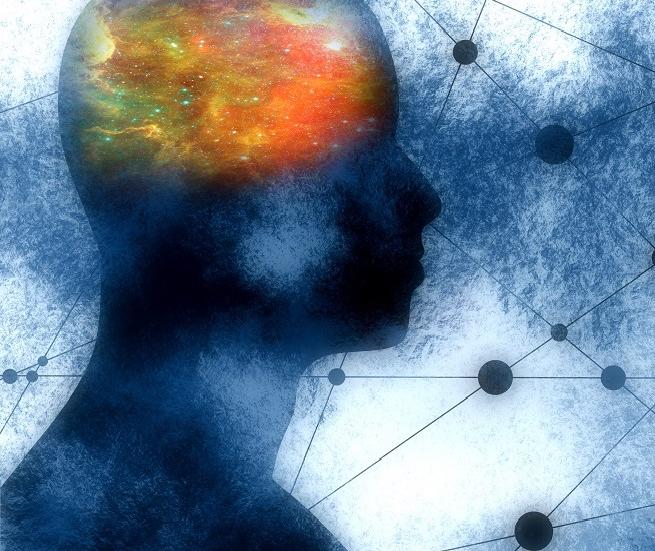academic units
 Department of Biological Sciences
Department of Biological Sciences
This department focuses on the study of living organisms including their structures, functions, distributions, and classifications. Departmental research focus areas are primarily in neuroscience, marine science, environmental science and ecology, and molecular, cellular, and developmental biology. Faculty have additional expertise in biotechnology, drug discovery, disease-oriented research, genetics, bioinformatics, aging, and more.
 Department of Chemistry and Biochemistry
Department of Chemistry and Biochemistry
This department focuses on the study of the properties and structures of matter and the chemical processes related to living organisms. Current department strengths are in chemistry, biophysical chemistry, biochemistry, and bioinformatics. Faculty research contributes to fields such as synthetic chemistry, biochemistry, physical chemistry, natural products, drugs from the sea, biomedical science, environmental science, molecular biology, and bioinformatics.
 Environmental Science Program
Environmental Science Program
This program is multidisciplinary and focuses on human-caused problems, mostly in aquatic systems such as the Everglades, the Atlantic Ocean, and other major bodies of water found in South Florida. Program faculty come from multiple colleges and departments including Biological Sciences, Geosciences, Chemistry, Philosophy, Economics, Urban and Regional Planning, the Harbor Branch Oceanographic Institute, and the Center for Environmental Studies. Program research is focused on aquatic animals and systems.
 Department of Exercise Science and Health Promotion
Department of Exercise Science and Health Promotion
The department has over 1,000 undergraduate majors, the fifth-largest FAU undergraduate degree. These undergraduates often pursue careers in many diverse fields, such as physical therapy, sports medicine, cardiac/pulmonary rehabilitation, corporate fitness, medical school, allied health, coaching (strength and conditioning), country club fitness, and other industry positions. The department also has over 70 graduate students who can select from different tracks of study (strength & conditioning, exercise physiology, and health promotion).
 Department of Geosciences
Department of Geosciences
The Department of Geosciences has three main focus areas: earth systems science, human-environmental systems, and geo-information science. Research specialties include hydrogeology, paleontology and paleoenvironments, human-environmental modeling, and urban and regional development. The department emphasizes fieldwork, GIS, remote sensing, and other analytical techniques in geospatial modeling, and encourages interdisciplinary research.
 Marine Science and Oceanography Program
Marine Science and Oceanography Program
The primary educational objective of this program is to provide graduate students with a broad understanding of coastal, nearshore and oceanographic science, along with the research and inquiry skills necessary to independently conduct research and answer questions within their area of specialization. Students will be well situated to enter the workforce ready to apply their skills to research, management and administrative questions related to coastal and oceanographic issues in higher education, government, private sector consulting positions and non-profit organizations. This is an interdisciplinary program jointly administered by the Charles E. Schmidt College of Science and Harbor Branch Oceanographic Institute.
 Department of Mathematics and Statistics
Department of Mathematics and Statistics
This department focuses on the study of quantity, structure, space, and change. The department specializes in algebra and analysis (both pure and applied), combinatorics, geometry, cryptography, dynamical systems, control theory, foundations of mathematics, mathematical biology, probability and statistics, and mathematics education.
 Neuroscience Graduate Program
Neuroscience Graduate Program
The FAU Stiles-Nicholson Brain Institute and CharlesE. Schmidt College of Science developed and oversee the interdisciplinary Ph.D. Neuroscience Graduate Program (NGP). The program unites scientists, educators and students across multiple colleges and departments where neuroscience faculty pursue their research, and from two internationally-recognized research institutes (the Max Planck Florida Institute for Neuroscience and the Scripps Research Institute), into a one of a kind training opportunity for those in the early stages of their neuroscientific careers.
 Department of Physics
Department of Physics
This department focuses on the study of matter, its motion through space and time, and related concepts such as energy and force. Active research areas in the department include classical and quantum gravity, astrophysics, physics of materials and biological systems, statistical mechanics, neuroscience, nonlinear systems, and medical physics.
 Department of Psychology
Department of Psychology
This department focuses on the study of behavior and mental processes. The department conducts research in five core areas of psychology: developmental, cognitive, social, evolutionary, and neuroscience. Students can gain expertise in cognitive psychology, developmental psychology, personality and social psychology, behavioral neuroscience, neuroscience, and the brain sciences.
 Department of Urban and Regional Planning
Department of Urban and Regional Planning
The Department of Urban and Regional Planning is committed to providing leadership in the field of planning through education, research, scholarship, and community engagement. Our mission is to prepare planning professionals and researchers for national and global practice by promoting the ideals of social responsibility, sustainability, equity, diversity, and public service.